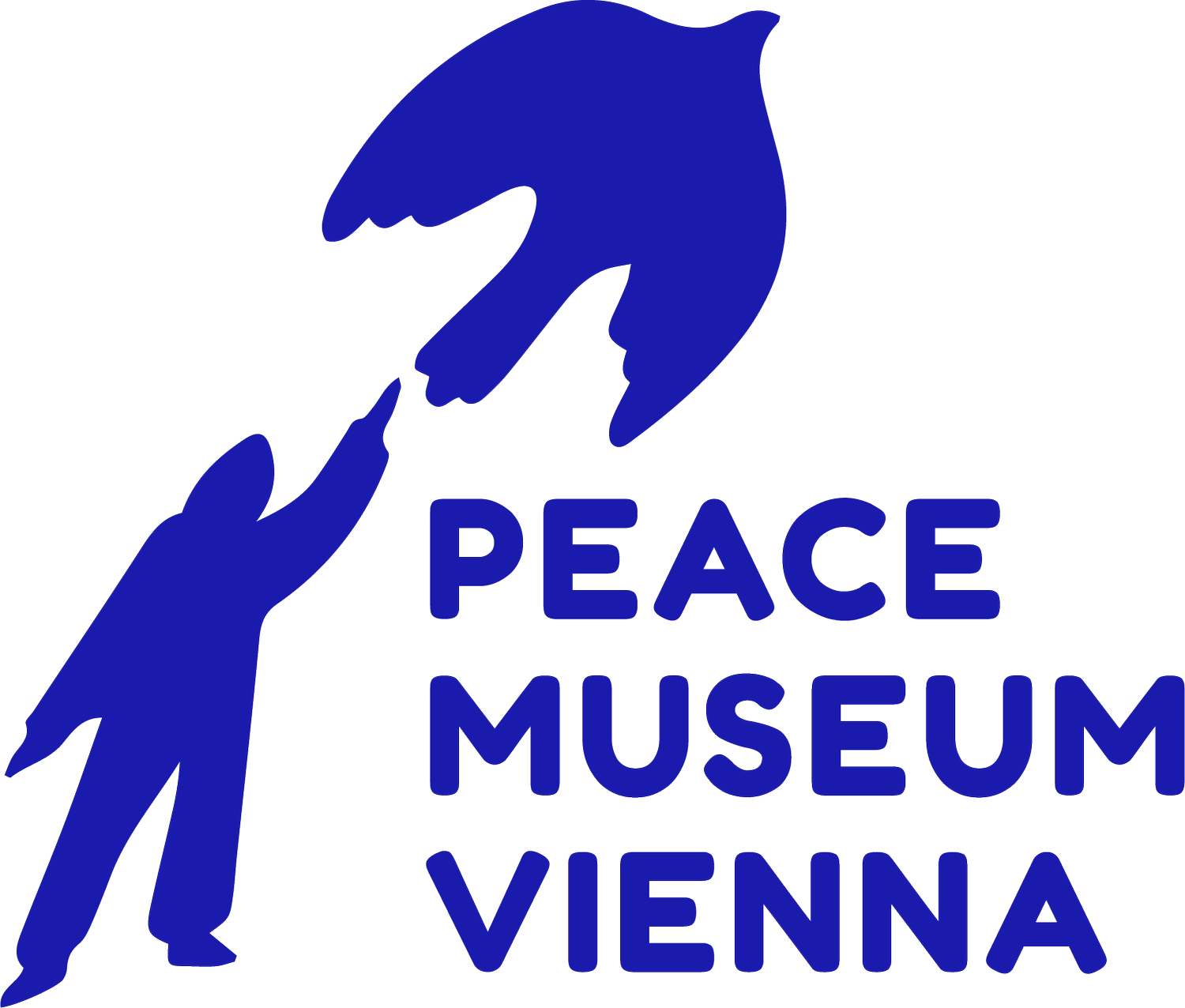By Peace Hero Museum Vienna
Thích Nhất Hạnh is a Vietnamese peace activist, Buddhist Monk, poet, writer, and the founder of the Plum Village Tradition of Buddhism. He was born in central Vietnam in 1926 and became a novice monk in 1942, when he was 16 years old.
Thích Nhất Hạnh has written over a hundred books and articles related to inner peace, peace in the world, poems, children’s stories, commentaries over ancient Buddhist texts, and happiness in daily life. Some of his best works are Being Peace, Peace is Every Step, The Miracle of Mindfulness, The Art of Power, True Love and Anger, which have sold over three million copies in the US alone.
Nhất Hạnh speaks French, Chinese, Sanskrit, Pali, Japanese, and English, along with his native language Vietnamese. He was appointed as a Buddhist lecturer at Columbia University in 1961. He returned to his country in 1963 to continue his peace activities. He then served as a Buddhist Psychology and prajnaparamita lecturer at Van Hanh Buddhist University in Vietnam. He went back to the US in 1966 and led a symposium at Cornell University to continue his efforts for peace. Nhất Hạnh met Martin Luther King Jr. and urged him to denounce the US-Vietnam War. He was banned to return to Vietnam. Later, he moved to France to become the chair of the Vietnamese Buddhist Peace Delegation. In 2005, he was given the permission to return to his country and published four books in Vietnamese. In 2007, he returned to Vietnam.
He has founded dozens of Buddhist practice centers and several monasteries in Europe and the US, one of which is the Plum Village Tradition in France. He established a thousand local mindfulness practice communities and built a thriving community of monks and nuns worldwide, who teach peacebuilding and mindfulness around the world. Thích Nhất Hạnh was called “an apostle of peace and nonviolence” by Martin Luther King. He is also known as “the father of mindfulness,” “the other Dalai Lama,” and “the Zen master who fills stadiums.”
Thích Nhất Hạnh has received several awards for his efforts towards peace around the world, including the Courage of Conscience (1991), Pacem in Terris Peace and Freedom Award (2015), an honorary doctorate from the Education University of Hong Kong (2017) and was nominated for the Nobel Peace Prize in 1967 by Martin Luther King, but the prize was awarded to no-one that year. He has been featured in several films, such as The Power of Forgiveness, and the documentary Walk with Me.

